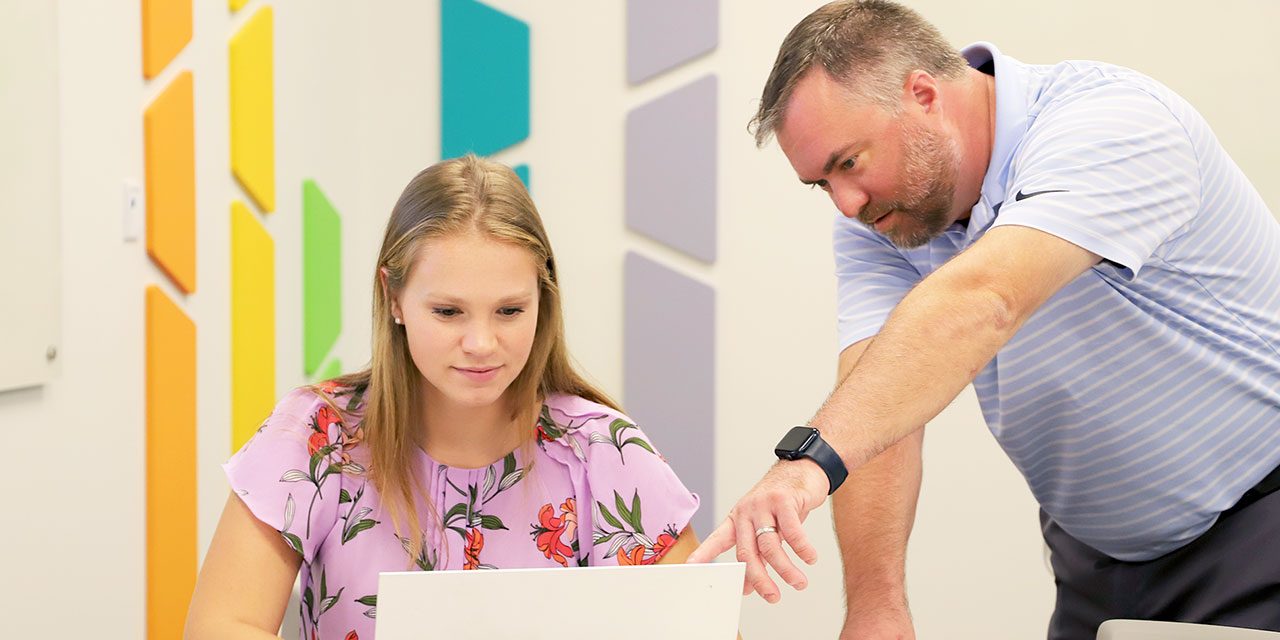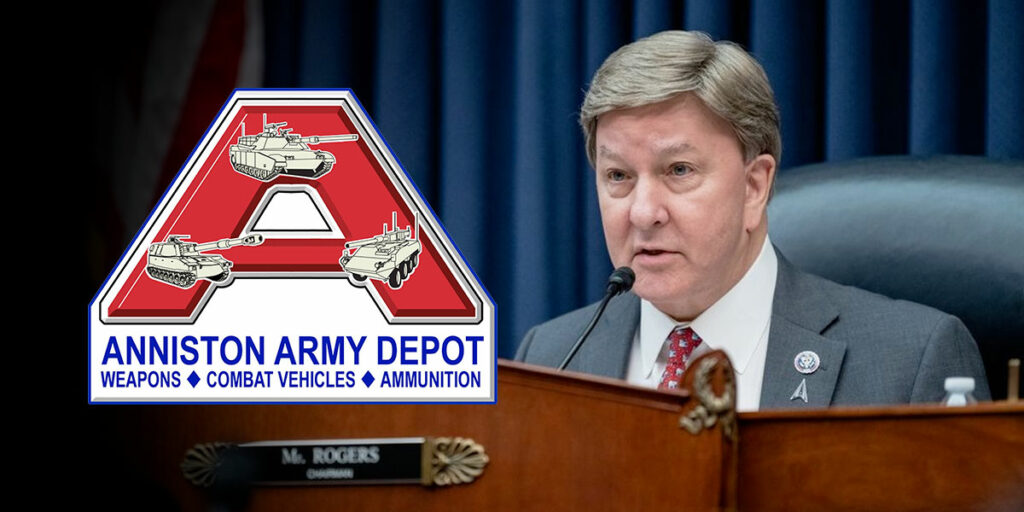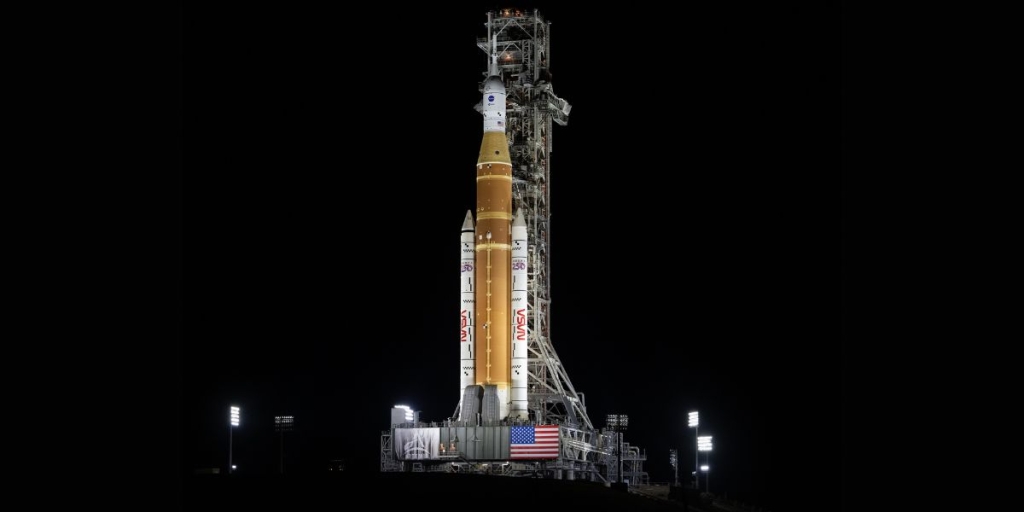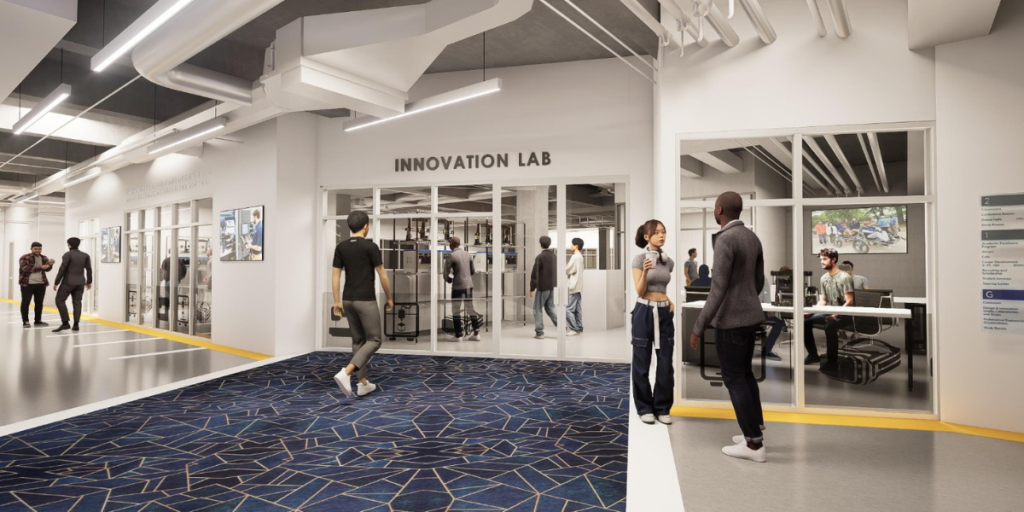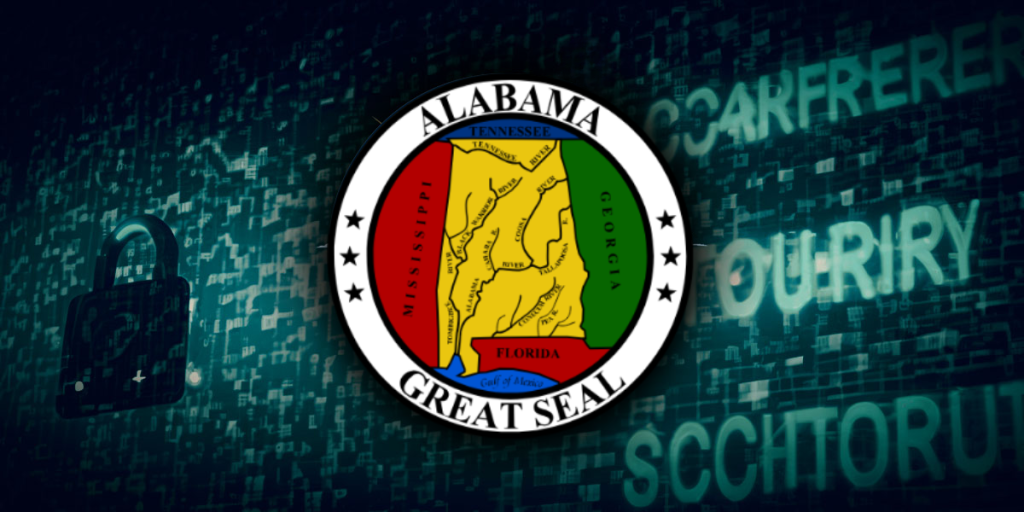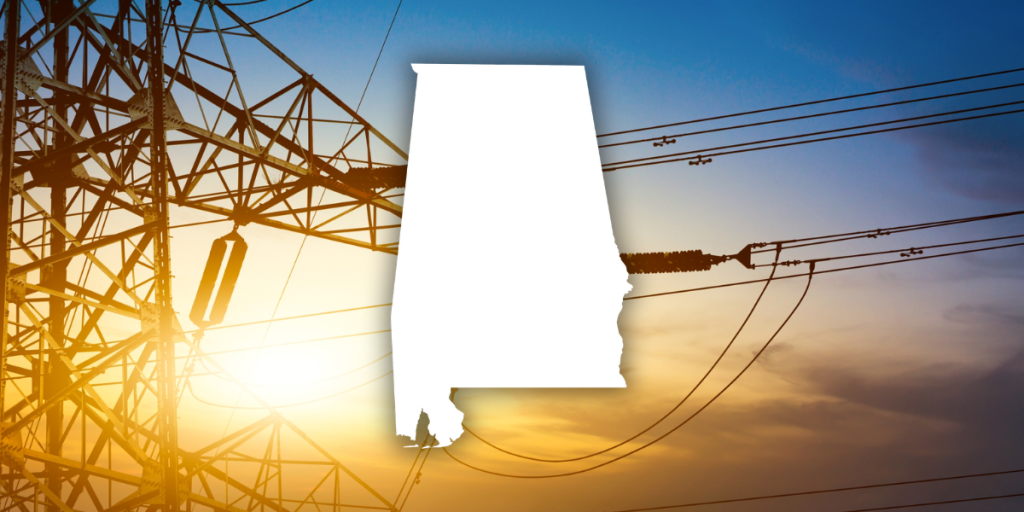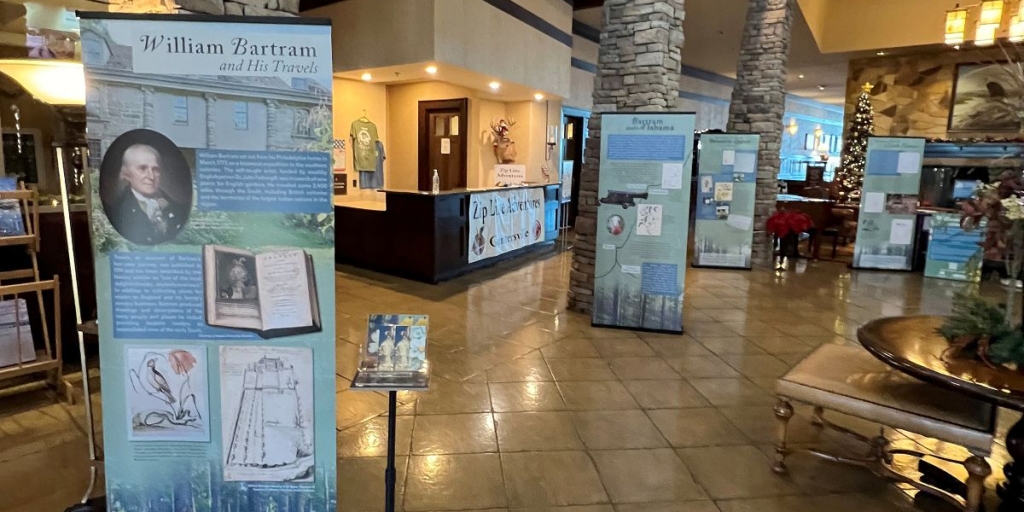Auburn University College of Education graduate student Katelyn Nelson’s aspirations are solidly focused on artificial intelligence.
“My career goal is to leverage the knowledge and skills I have gained throughout my education to help train the next generation of leaders and learners,” said the Minnesota native, who is a third-year doctoral candidate. “I aspire to be in a position where I can continue to explore how artificial intelligence interacts with and enhances student learning.”
Nelson’s innate understanding and embrace of artificial intelligence are on full display in her work as a graduate assistant for Auburn’s Biggio Center for the Enhancement of Teaching and Learning, a campus-wide department that provides programming and other support to faculty, instruction staff, and graduate teaching assistants.
“My research focuses on artificial intelligence, with an emphasis on its application in education,” said Nelson, who is pursuing a doctorate in the Administration of Higher Education program of the College of Education’s Department of Educational Foundations, Leadership and Technology. “I have had the privilege of contributing to several research studies, including a qualitative analysis of faculty perceptions of AI, as well as a project exploring AI policies in Alabama’s K-12 schools. Through my role at the Biggio Center for the Enhancement of Teaching and Learning, I have also engaged in various opportunities, such as moderating a session at the Alabama Higher Education AI Exchange, which explored the intersection of AI in K-12, higher education, and industry.”

A leader in innovation
Most notably, and recently, Nelson was asked to lead the first student M365 Copilot Beta Program in the United States. The program, which is being led at Auburn, aims to provide students with a unique opportunity to be at the forefront of innovation and contribute to the future development of Microsoft Copilot 365.
“I am excited to be part of this groundbreaking opportunity at Auburn University, where we are leading the charge in innovation and shaping the future of AI integration in higher education,” Nelson said.
Throughout it all, Nelson said she’s had the amazing support of her college and two key campus leaders.
“As a graduate assistant at the Biggio Center, I have had numerous opportunities to apply my skills, including assisting with the Alabama Higher Education AI Exchange, presenting at conferences, engaging with professionals, managing a weekly social media initiative, and collaborating on research projects,” she said. “Dr. Asim Ali has been instrumental in providing me with these growth opportunities. Additionally, Dr. David Marshall has offered invaluable guidance throughout my program and facilitated many research opportunities, helping me to achieve success at each stage of my academic journey.”
Marshall, an associate professor at Auburn College of Education, said he’s been impressed with Nelson and is excited to see where her career takes her.
“Katelyn is doing great work with AI and is studying the impact of providing K-12 teachers with these emerging tools in their classroom practice,” he said. “In this sense, Katelyn is a wonderful ambassador for Auburn University, especially in light of our land-grant mission. Katelyn has a tremendous work ethic, gets the little things right, and understands the importance of relationship-building.”
Ali, executive director of the Biggio Center, agrees.
“It’s an honor to mentor Auburn’s brightest minds, and Katelyn stands out among them,” Ali said. Her remarkable talent, work ethic, and enthusiasm for contributing to innovative projects have been a boon to the Biggio Center. I look forward to witnessing her continued success and celebrating her future achievements.”
Teaching with AI
Along with Nelson’s involvement at the center, she said her classroom work has also propelled her forward.
“My experience in the classroom has ranged from theoretical discussions to the practical application of knowledge in real-world contexts,” she said. “The faculty in my program, as well as the Department of Educational Foundations, Leadership, and Technology, have played a key role in shaping my academic and professional journey. I am particularly grateful for the hands-on learning opportunities and professional development that have enhanced my time in the program.”
Nelson said she’s thoroughly enjoyed the connections she’s built with classmates, colleagues, faculty, and professionals at Auburn and nationwide. After graduation, she hopes to land a role “where I can make a meaningful impact while continuing to grow as a lifelong learner.”
And she knows that even after she leaves the Plains to pursue work rooted in artificial intelligence, she’ll always have a solid home to return to for support.
“What I love most about Auburn is the sense of community known as the Auburn Family,” she said. “When I first arrived, I had heard about this concept but was not sure what to expect. It did not take long for me to see that the Auburn Family is genuine, and Auburn has truly become my home.”
Courtesy of Auburn University.




